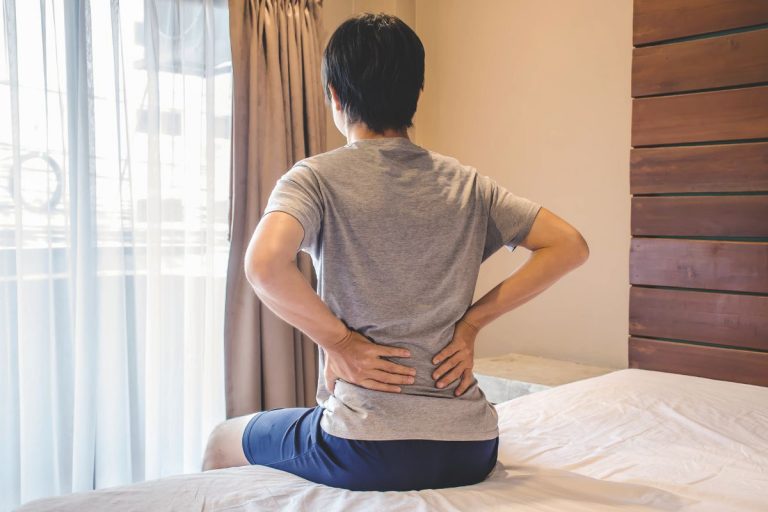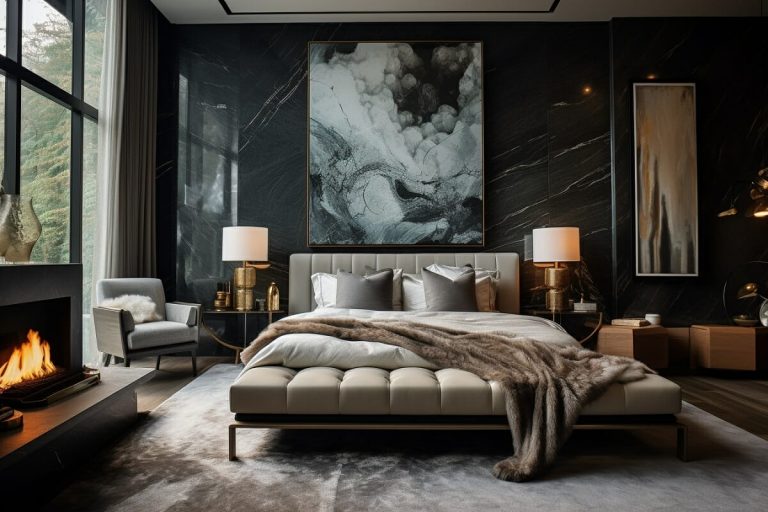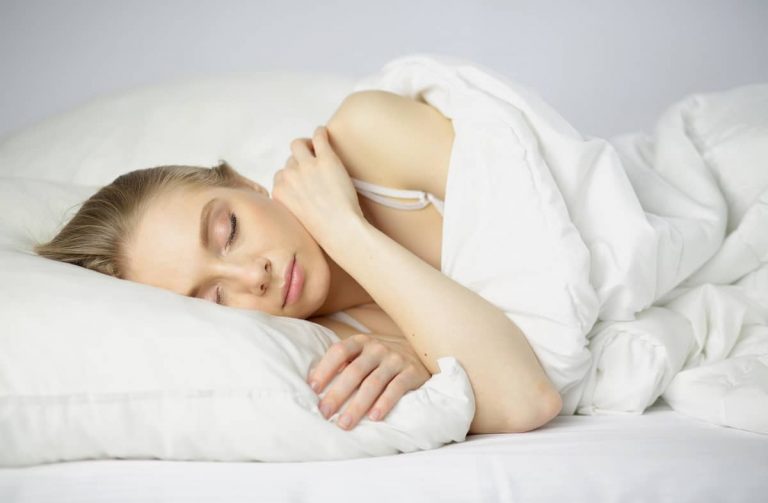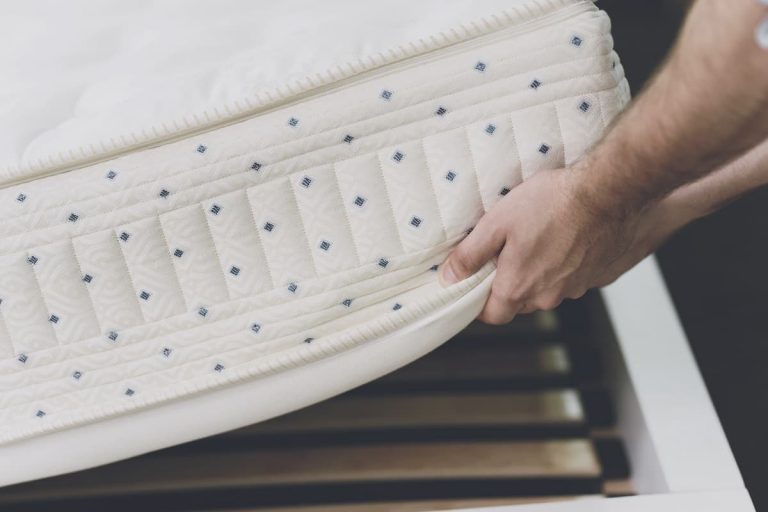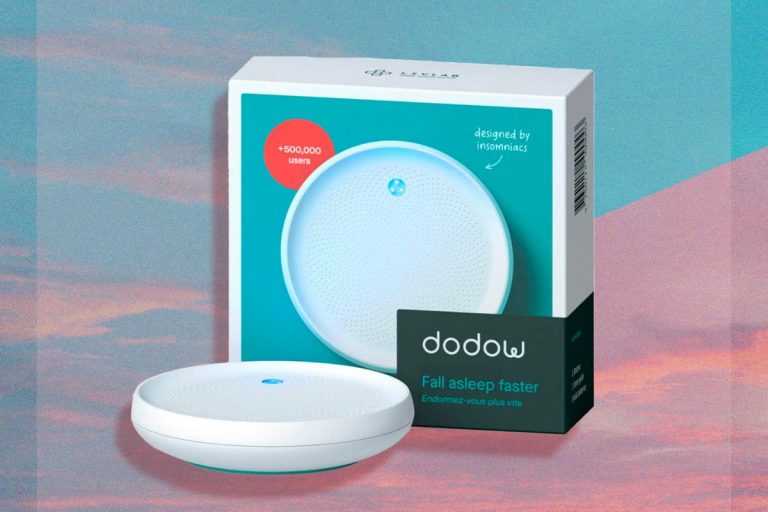It is no secret that during winter we all feel a bit dry; dry skin, dry throat, dry air from all the heating, dry hands… you get the gist. That’s the price we pay for staying warm. And, since this month of January never seems to end, and since there is no end in sight of this long, cold winter either, we ought to talk about getting back some humidity to our lives.
We are not going to wait for the spring to improve the humidity, but rather, take the matter into our own hands and fix the humidity levels in your home by simply buying a humidifier. Simple, right?
So, whether you already have a humidifier, or you’re thinking about buying one, one thing is sure; a humidifier will change everything. Say goodbye to dry hands, cracked lips, itchy eyes, a congested nose in the morning, and bad air quality in your home.
Therefore, in the following paragraphs, we’re going to talk about the specific benefits of humidifiers and how good it would be if you let the humidifier work overnight, while you sleep. Looking for a more comfortable night’s sleep and a good start to the day in the morning? Say no more, the humidifier will do just that. So, let’s jump right in and see how exactly can you benefit from overnight humidification!
Types of Humidifiers
Before we get into the main topic of this article – humidifier benefits – we must first briefly discuss what exactly is a humidifier, what kind of humidifiers can you buy, and how do they work.
Now, a humidifier as such is a rather simple product; its only job is to add moisture to the dry air. It generally looks like a small, stylish, closed bowl with steam coming out of the main opening, diffuser, on top of the humidifier.
There are also different types of humidifiers; the best-known grouping of humidifiers is as follows;
1. Warm Mist Humidifiers: these comprise Steam vaporizers and Central humidifiers;
Steam vaporizers – these humidifiers simply boil the water, turning it into steam, and then release the steam into the dry air, adding the much-needed moisture. Boiling water kills all the bacteria, ensuring everything is hygienic, clean, and safe for inhalation.
Central humidifiers – these are the ones you connect to the AC or heating system inside your home. They create steam, distribute it into your home’s airflow through the AC or the heating system, and ensure that the air isn’t as dry as it usually would be.
2. Cold Mist Humidifiers: these comprise Ultrasonic, Evaporative, and Impeller humidifiers;
Ultrasonic humidifiers – these humidifiers rely on vibrations to release water into the air. The water doesn’t boil prior to releasing into the air, which makes the unit quiet and much safer in the case of children or pets.
Evaporative humidifiers – these humidifiers utilize a fan that releases moisture into the dry air. They generally contain a filter to prevent bacteria and airborne microorganisms from entering the air. Evaporative humidifiers are some of the most affordable ones as well.
Impeller humidifiers – these humidifiers use a spinning disk to release moisture into the dry air. The humidifier is pretty quiet; the low, humming noise you might hear is the only noise this humidifier makes. It is essential to regularly clean this humidifier to prevent bacteria buildup. Without proper cleaning, all the bacteria might be eventually released into the air.
Benefits Of A Humidifier While Sleeping: Why Should I Keep My Humidifier On Through the Night?
Air dryness can have some pretty serious effects on your health. In order to function properly, your body requires moisture; without it, the body’s defense mechanism cannot work properly. As a result, you’re dealing with things like stuffed nose, throat dryness, skin dryness and cracking respiratory issues, and so much more during the winter.
One of the main benefits of humidifiers is that they can prevent these issues, minimize the presence of bacteria in the air and generally improve your overall wellbeing until the dry, cold winter finally passes. Now, let’s take a closer look at the benefits of keeping the humidifier running as you sleep;
Also Read: The Best Humidity for Sleeping Like a Rock (Different in Summer And Winter)
1. Humidifiers Prevent Respiratory Infections
Dry, bacteria-filled air, which surrounds us most of the winter, contributes to the development of those annoying respiratory infections. From bloody noses to sinusitis, bronchitis, or even influenza, dry air makes sure you inhale all those nasty microorganisms and develop these respiratory issues.
Now, keeping the humidifier on through the night will not only moisturize the air and make it harder for the bacteria to develop, but also will prevent you from developing a respiratory infection by keeping the nasal passages moist. When the nasal passages are moist, they’re more like to keep the bacteria away, preventing the development of illness during wintertime.
2. Humidifiers Prevent Snoring
Dry air is known to dry out the nasal passages, mouth, nasal cavities, and pallet. As a result, you’re more likely to snore, or if you already have snoring issues, they’re more likely to get even worse during winter. The reason for this lies in the fact that dry respiratory tissue vibrates against each other when your breath (dry air), which intensifies the snoring sound.
The prevent this from occurring, you should probably get a humidifier and have it work overnight. By turning the humidifier before going to sleep, you will ensure that there is enough moisture in the air to prevent drying out of the respiratory passages, which in turn will prevent loud and worsened snoring.
3. Humidifiers Can Prevent Virus Transmission
Now, this is a general benefit of humidifiers; they can prevent virus transmission which is usually increased during the winter time. Dry air makes it easier for viruses to travel and survive in the air, and as you inhale the air, you’re more likely to get infected. This especially applies to the current coronavirus, which is more infectious during the winter thanks to the dry air.
To prevent, or minimize your chances of getting infected, you should definitely have your humidifier on, at least throughout the night. The humidifier will provide the necessary moisture, prevent virus and bacteria buildup in the air, and help your body to fight them off easily. By keeping everything in the respiratory passages nice and moist.
4. Humidifiers Soothe Sleep Apnea Symptoms
Sleeping with sleep apnea is one of the worst things ever; sleep apnea obstructs the airway, closes nasal passages, and makes it difficult to breathe, especially during sleep. Obstructive sleep apnea is often accompanied by loud snoring, which can further complicate one’s sleep. Now, obstructive sleep apnea is treated using CPAP machines.
Some of these machines already come with a built-in humidifier, but those can be ineffective and often harbor bacteria and viruses, which is pretty counterproductive (since you’re directly inhaling them via the CPAP machine).
By using a stand-alone humidifier, one that isn’t directly connected to the CPAP, you’re not only improving the air quality, but you’re also ensuring that the CPAP treatment is actually working more efficiently.
The humidification will prevent the drying out of the mouth, nasal congestion, respiratory irritation, throat and sinus infection, and so much more. These issues often occur while patients use the CPAP treatment, but luckily, proper humidification can lower the frequency at which these issues occur and improve the overall efficacy of the treatment.
5. Humidifiers Soothe Asthma Symptoms
Dry air is known to irritate and cause lung irritation and constriction, which can be extremely problematic in case you’re dealing with asthma. In some cases, air dryness can promote and trigger asthma attacks as well. Proper air moisture is essential when dealing with asthma, mostly because the moisture helps the lungs work properly and makes it easier for you to breathe without any obstructions.
To prevent asthma-related issues or even attacks, the indoor humidity needs to stay between 30% and 50%. To keep these air humidity levels, you should leave the humidifier on throughout the night so that the moist air can ensure the air passages and well lungs stay relaxed and open. Otherwise, the dry air might promote airway tightness and trigger asthma symptoms or an attack, especially in these colder months and indoor heating.
6. Other Health Benefits
In case you’re dealing with dry skin, dry, cracked lips, or even cough and irritating cough, you should definitely have a humidifier work overnight. As you sleep, you will inhale properly moist air, which will travel through your body and moisturize it from the inside out (simply put).
Overnight humidification will prevent skin drying and cracking and will soothe an unproductive cough or irritated throat. Not to mention, it will improve your overall sleep quality and have you feeling relaxed and good in the morning.
Moreover, if you’re dealing with frequent respiratory allergies, sinus congestion, dry or bloody nose, you should definitely keep the humidifier on throughout the night. Overnight humidification will definitely lower the possibility of developing these issues by keeping the nasal passages and the airway moist and open.
Potential Downsides to Keeping the Humidifier On During the Night
Even though keeping the humidifier on throughout the night has loads of benefits, there may be a few potential downsides to this. Let’s take a look at some of them;
- Risk of fire – as they work, humidifiers can get pretty hot. That is why there is a risk of fire connected to the long-hour use of humidifiers. The National Institutes of Health recommend using cold mist humidifiers throughout the night to prevent any potential fire risk and related danger. It is also not recommended to keep the humidifiers on if the elderly are staying alone at home, without supervision.
- Dirt buildup – humidifiers require frequent cleaning, especially those using boiling water to release steam and mist. By keeping the humidifier running through the night, it will be more likely to get dirtier thanks to extra hours of work. Make sure to clean your humidifier frequently to get rid of bacteria, viruses, mold, and mildew which can aggravate allergies, asthma, sleep apnea, etc. Dirty humidifiers can trigger certain respiratory issues and even trigger problems like pneumonia and asthma attacks. Wash your humidifier in a dishwasher and make sure to not forget the filters.
Final Thoughts
If you’re dealing with sleeping troubles or health issues related to the respiratory system, it might be a good idea to purchase a humidifier. The humidifier will certainly soothe symptoms or even prevent respiratory issues from occurring overall. During the winter month, it is essential to keep the indoor air humid and moist, so make sure to consider buying a humidifier and see for yourself whether they truly work or not; we believe you’ll be more than satisfied with such a purchase.
Also Read: Where to Place Humidifier in Bedroom?

